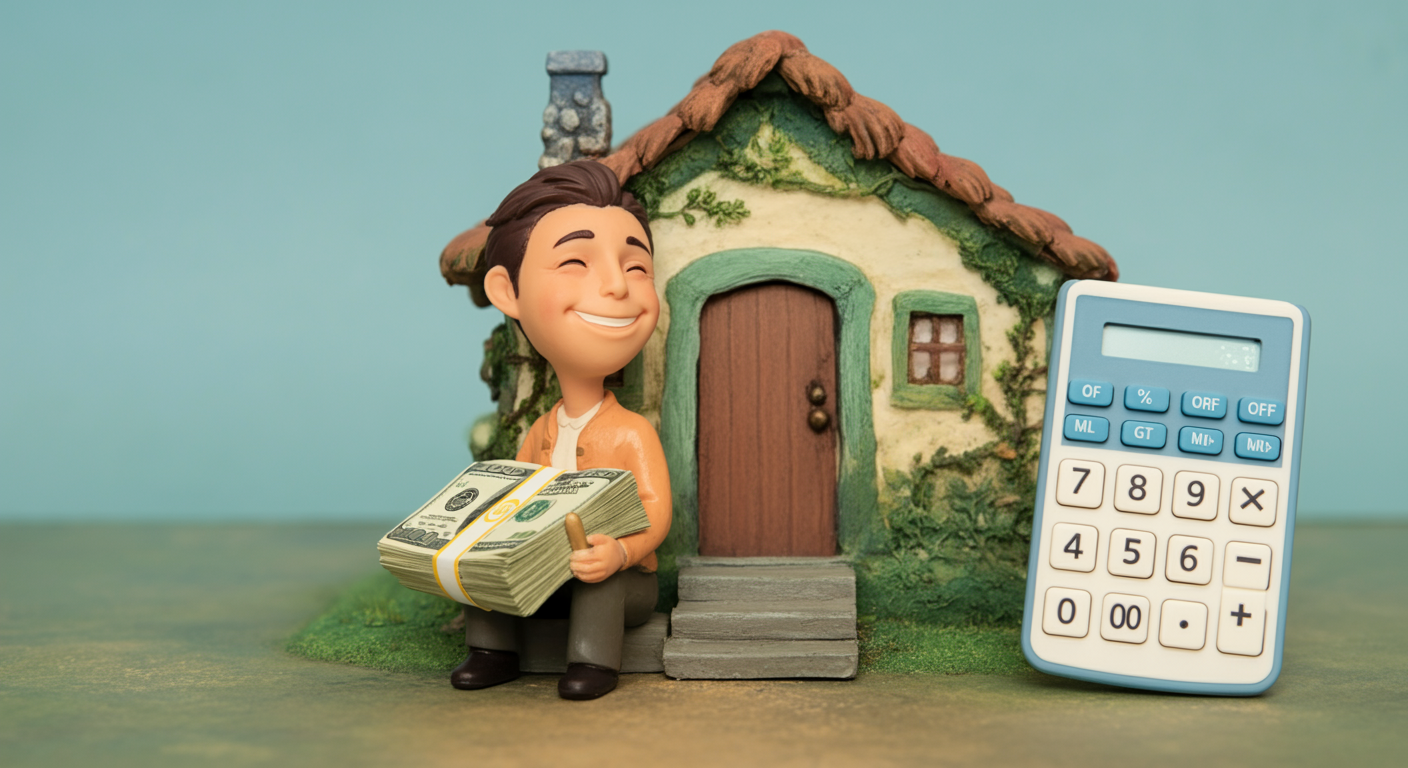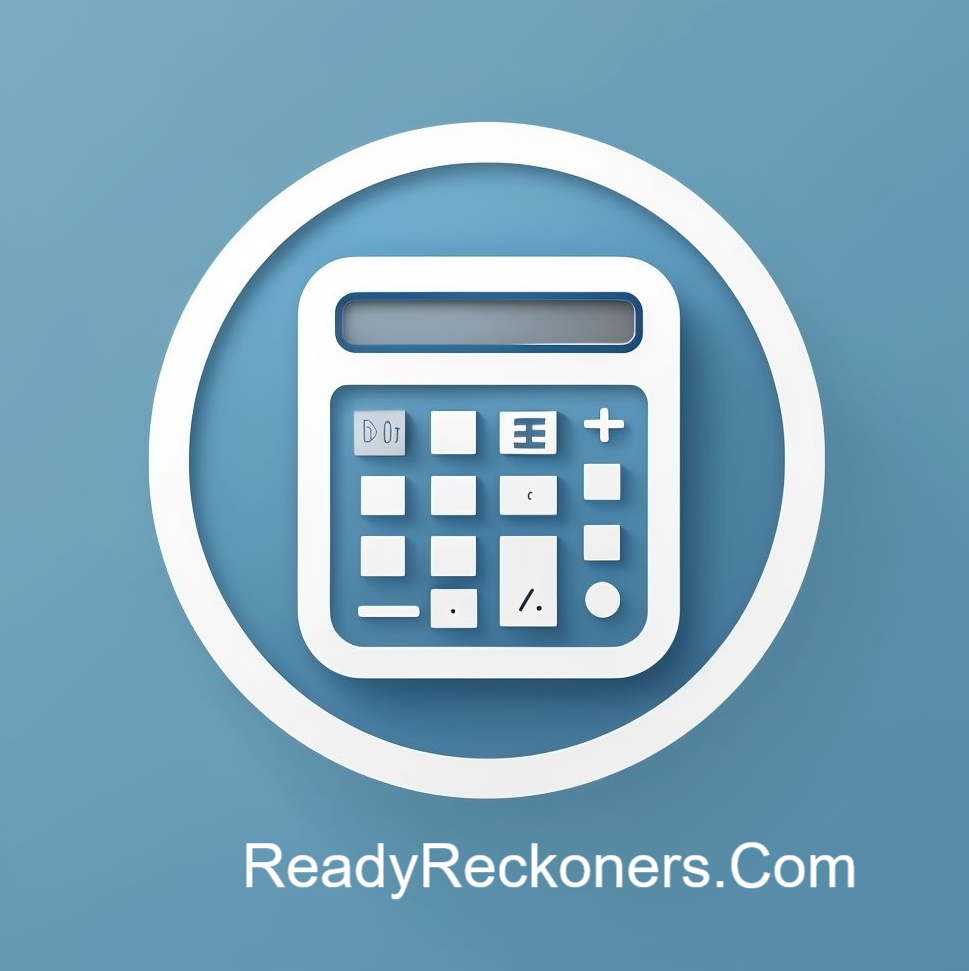
Rent vs. Buy Calculator
Financial Terms Definitions
5 Smart Financial Planning Tips
Making the Right Choice: Rent vs. Buy in Today's Housing Market
The decision to rent or buy a home represents one of the most significant financial choices most people make in their lifetime. While conventional wisdom often suggests that buying is always better than renting, the reality is much more nuanced. Each option comes with its own set of financial implications, lifestyle considerations, and long-term consequences that should be carefully evaluated before making a decision.
Homeownership has long been considered a cornerstone of the American Dream. It offers potential benefits including building equity, tax advantages, and the freedom to customize your living space. As property values increase over time, homeowners can build substantial wealth through appreciation. Additionally, mortgage interest and property tax payments are often tax-deductible, providing financial advantages that renters don't enjoy. The stability of fixed-rate mortgage payments can also provide peace of mind in contrast to potentially increasing rental costs.
However, buying a home comes with significant upfront costs and ongoing responsibilities. Beyond the down payment, which typically ranges from 3% to 20% of the purchase price, buyers face closing costs, inspection fees, and moving expenses. Once you own the home, you're responsible for all maintenance and repairs, which experts suggest budgeting 1-2% of the home's value for annually. Property taxes, homeowners insurance, and possibly homeowners association (HOA) fees add to the monthly costs beyond the mortgage payment.
Renting, on the other hand, offers flexibility and freedom from maintenance responsibilities. Renters can more easily relocate for job opportunities or lifestyle changes without the hassle of selling a property. When appliances break or systems fail, landlords typically handle repairs and replacements. The upfront costs of renting—usually a security deposit and first/last month's rent—are significantly lower than the down payment required for buying. This allows renters to keep more cash liquid for investments, retirement savings, or other financial goals.
The financial equation between renting and buying is heavily influenced by how long you plan to stay in one place. Due to the high transaction costs of buying and selling property, homeownership generally becomes more financially advantageous the longer you remain in the home. Many financial experts suggest that you should plan to stay in a purchased home for at least 5-7 years to recoup these costs. In rapidly appreciating markets, this break-even point may come sooner, while in stagnant markets, it might take longer.
Geographic location plays a crucial role in the rent vs. buy calculation. In some markets, particularly in major coastal cities like San Francisco or New York, the price-to-rent ratio (the home price divided by annual rent) can be extremely high, making renting potentially more economical. In contrast, many midwestern and southern cities have low price-to-rent ratios, tipping the scales toward buying.
Another often overlooked factor is the opportunity cost of the down payment. The substantial sum used for a down payment could alternatively be invested in the stock market or other vehicles. Historically, the S&P 500 has returned about 10% annually on average before inflation, often outperforming real estate appreciation in many markets. This potential for higher returns must be weighed against the forced savings aspect of mortgage payments and the psychological benefits of homeownership.
Personal and lifestyle factors should also influence your decision. Homeownership provides stability and a sense of permanence that many find appealing, especially when raising a family. The ability to renovate, decorate, and truly make a space your own can be psychologically rewarding. Conversely, renting offers freedom from commitment to a specific location and property, which may better align with certain career paths or life stages.
Ultimately, the rent vs. buy decision should be approached as a personal financial and lifestyle choice rather than a one-size-fits-all prescription. By carefully considering your financial situation, future plans, and priorities, and using calculation tools like this one, you can make an informed decision that aligns with your long-term goals. Remember that what works best for you may change throughout different stages of life, and there's no single "right" answer that applies to everyone.
